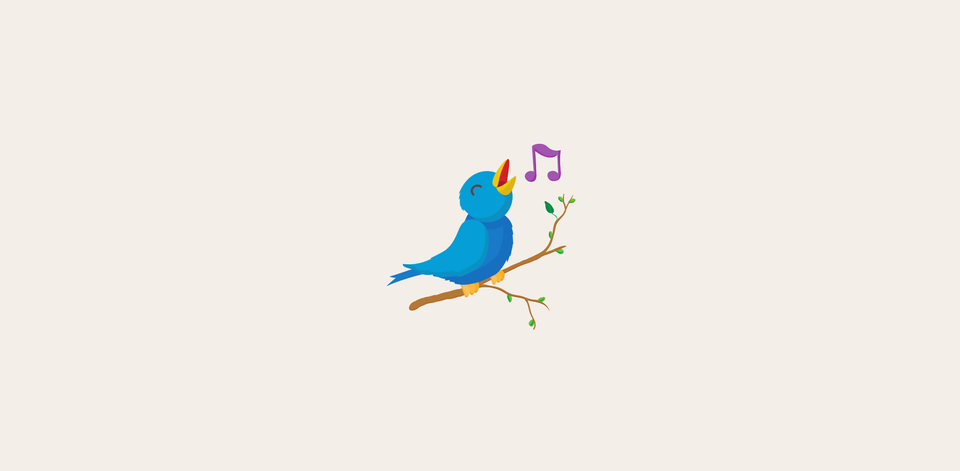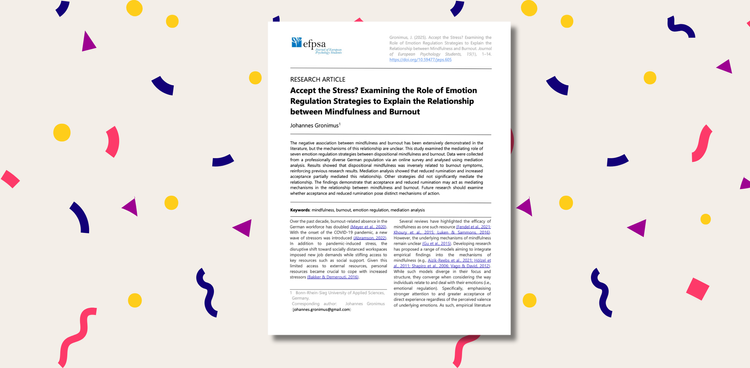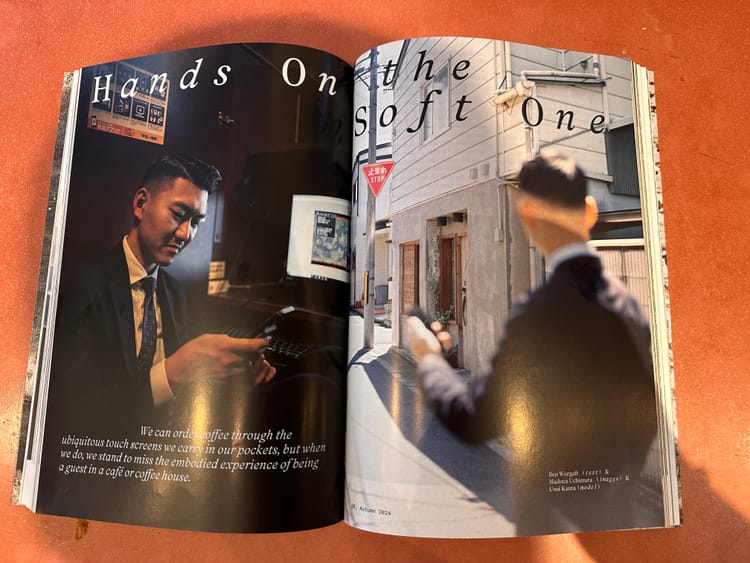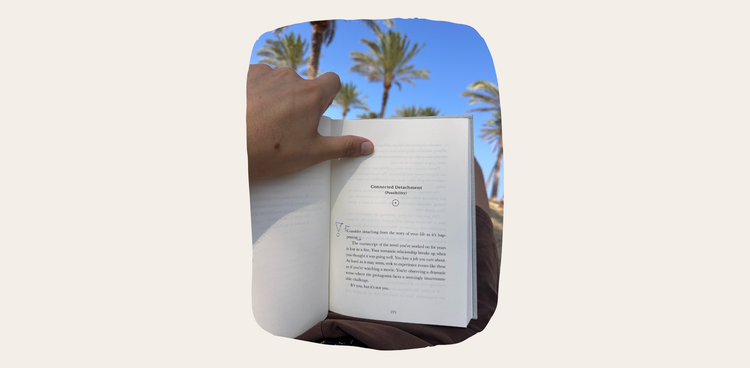Overcoming Ontological Addiction, or: On Opening up to the World

This week, I found out I’m an addict. Not to substance, though. What I suffer from is ontological addiction. What’s that supposed to mean? Well, let’s dive into it.
I think we can all agree that the world’s an incredibly beautiful place - and most of the time, that’s a great source of joy. But hol’ up - most of the time?
Whenever I feel anxious, frustrated, lonely, or just plain sad, it always comes with a narrowing of perspective. The world becomes a whole lot smaller, and I become separate. All of a sudden, there is just the issue. The birds might still be singing, the morning sun still reflects in the dew drops - the world keeps turning in its very same beautiful ways. But at that point in time, it feels more offensive than anything else. Didn't he get the memo? I'm tryna be sad over here, I don’t care about a fucking bird! The centre of the universe becomes the self-pitying I, cooped up in a ball under a blanket because the rest of the world is just an annoying add-on. It’s a radical limitation of perception.

But then fast forward a week: As the episode inevitably passes and makes room for a day filled with joy & contentment, awareness opens up tenfold. I walk down the street feeling connected to everyone I walk into, en route to break the world record for most people grinned at in a day. Awareness wanders to the sound of the birds, admires the beauty of the dew drops, breeze hits the skin and waves crash in the distance. Grateful to be an integral part of this beautiful play, I start to settle in comfortably into my tiny little perspective on the infinite.
So there seems to be this causal relationship between my emotional state and my perceived relationship with the world. And until now, I’ve only observed it in its passive direction - “feel bad and collapse in on myself”. But what if it also worked the other way around?
Stanford Neuroscientist Andrew Huberman has this beautiful take on Addiction & the Good Life:
Of course, this applies to chemical addiction (like heroin) and behavioural addiction (like social media). But it also applies to ontological addiction - the addiction to me, mine and I. In those moments of self-pity is when the self-concept becomes its most prevalent and everything else is closed off, when I become "the centrepiece in a world in which all other lifeforms, objects, and concepts are deemed to be peripheral.”
But the reality is that nothing about the world has changed. The bird's still singing, the dew is still shimmering. The only thing that's changed is my perception, and the only way to sustain this self-centred narrative is to constantly reiterate it while successfully closing off to everything else. Feel bad and collapse in, and all that fun stuff. So, I'll give this a try: Feel bad and open up.
The Motto: The bird's still singing.




Comments ()